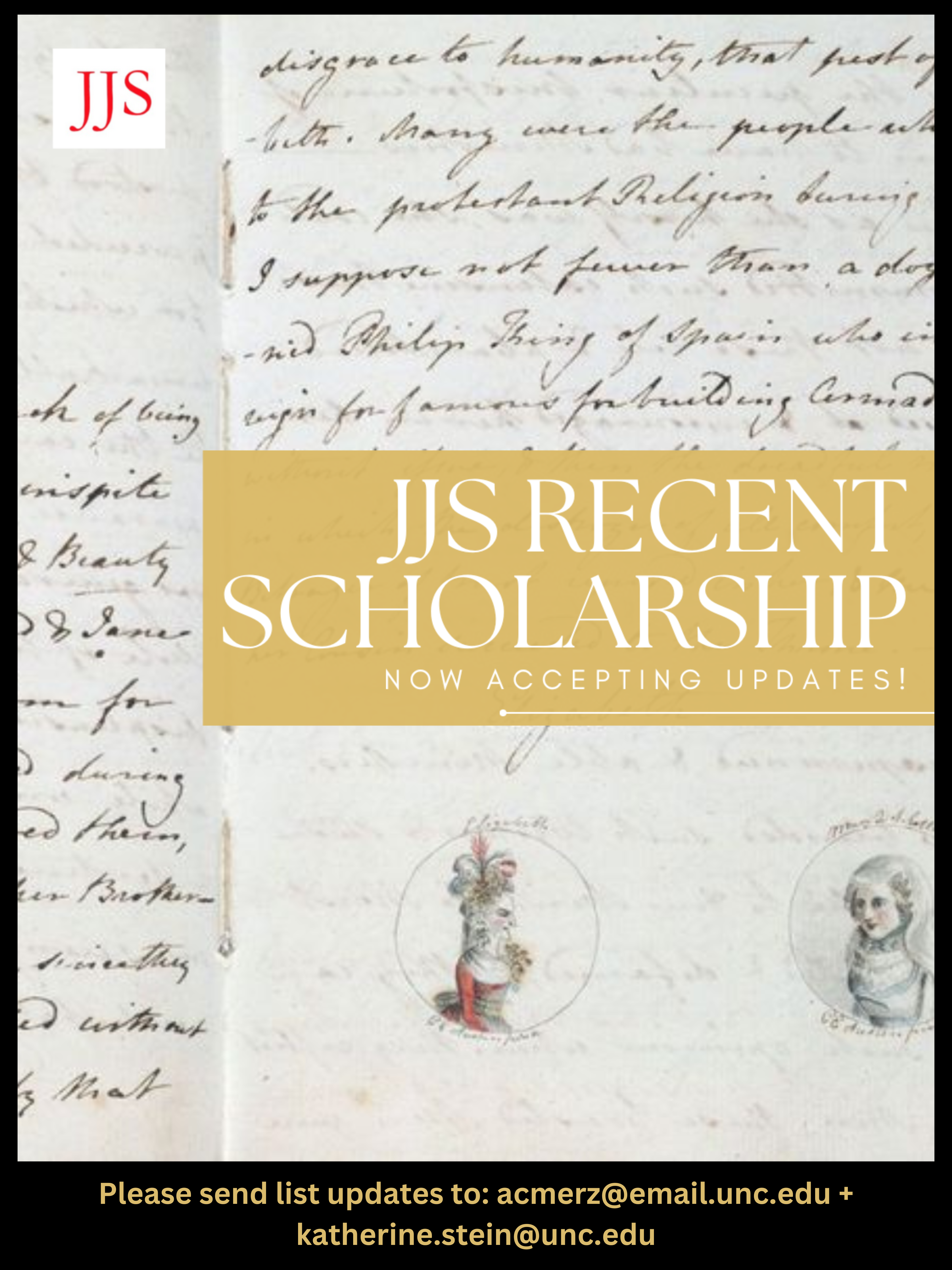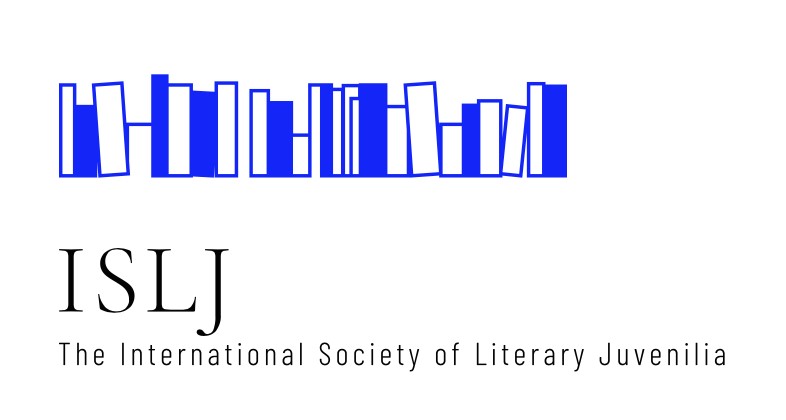Materiality in John Ruskin's Early Letters and Dialogues
DOI:
https://doi.org/10.29173/jjs94Keywords:
literary juvenilia, John Ruskin, childhood studies, Victorian literatureAbstract
Between 1827 and 1829, John Ruskin underwent a rite of passage to being admitted as a participant in his parents’ personal correspondence. Simultaneously, in his juvenilia, he composed dialogues between children and parents in imitation of conversations in Aikin and Barbauld’s Evenings at Home and in Maria Edgeworth’s Frank: A Sequel and Harry and Lucy Concluded. This article investigates how Ruskin’s management of fictional dialogues under his control intersected with his participation in family letters, which was managed by his parents, particularly his mother, Margaret Ruskin. She discouraged his preoccupation with the materiality of letter writing since, in her view, the purpose of family letters lay in sincere confession of feeling. At the same time, anxious that he uphold a respectful epistolary relationship with his father, Margaret consulted letter-writing manuals for rules to manage John’s epistolary rhetoric as well as material presentation. Ruskin subverted these constraints in his invented parent-child dialogues, by reversing or deflecting Barbauld’s and Edgeworth’ lessons of self-control and humility. Thus, Ruskin staked a place in his parents’ correspondence on his own terms, persisting in fashioning a distinctly material emphasis in his epistolary bond with his father.
Downloads
Published
Issue
Section
License
The Creative Commons Attribution-Noncommercial-No Derivatives 4.0 International license applies to all works published by the Journal of Juvenilia Studies and authors retain copyright of their work.
![]()



.jpg)

 Dedicated to the discussion and promotion of literary works by young writers
Dedicated to the discussion and promotion of literary works by young writers
